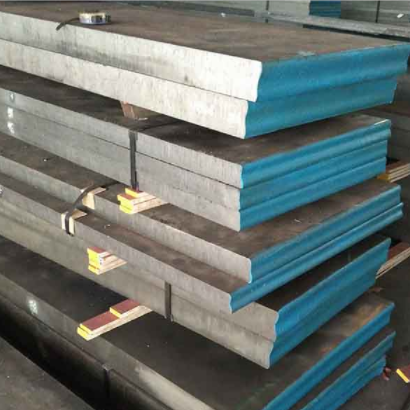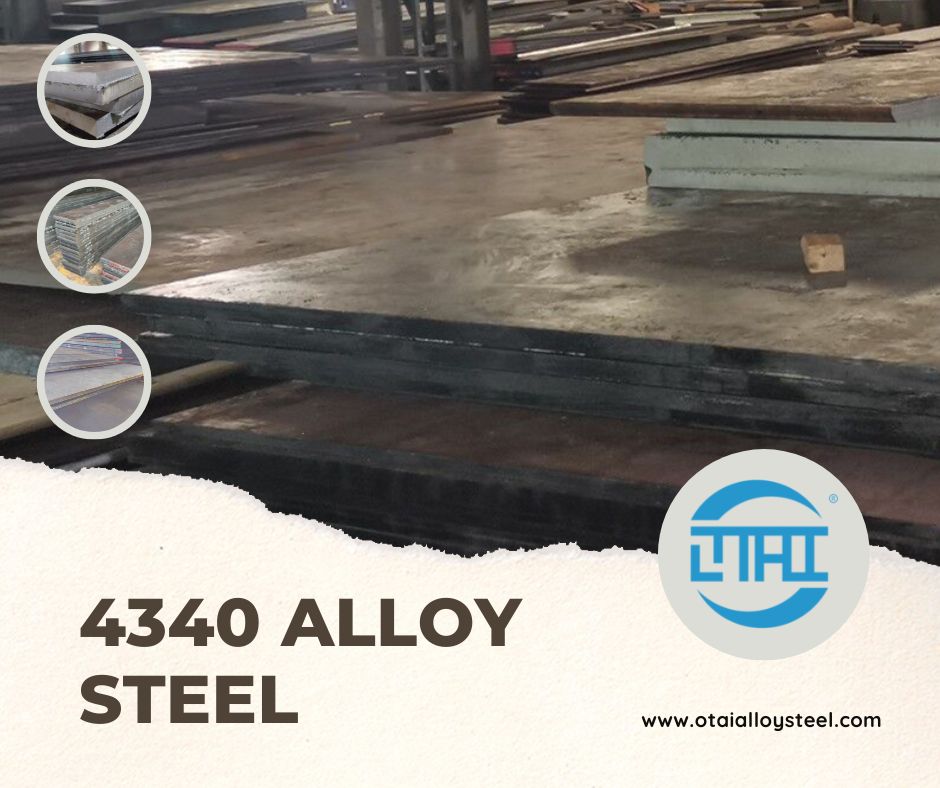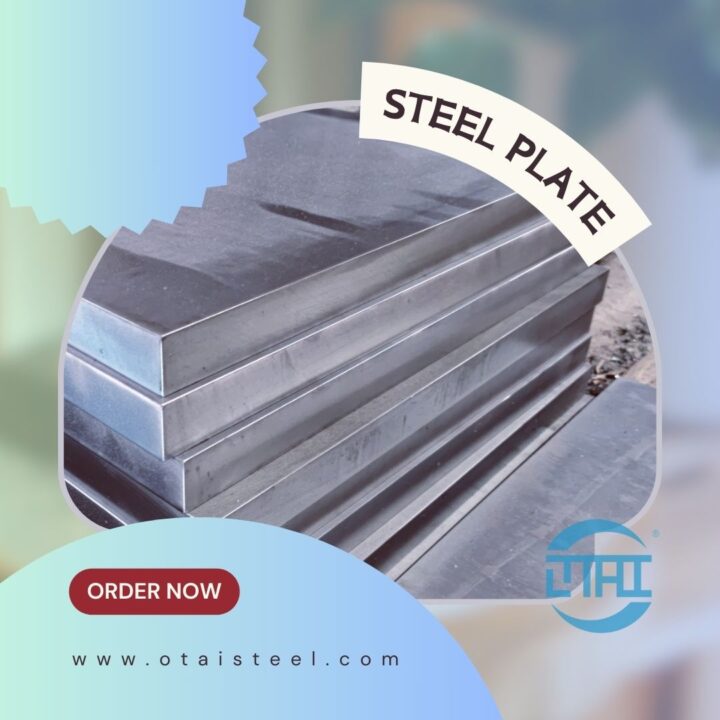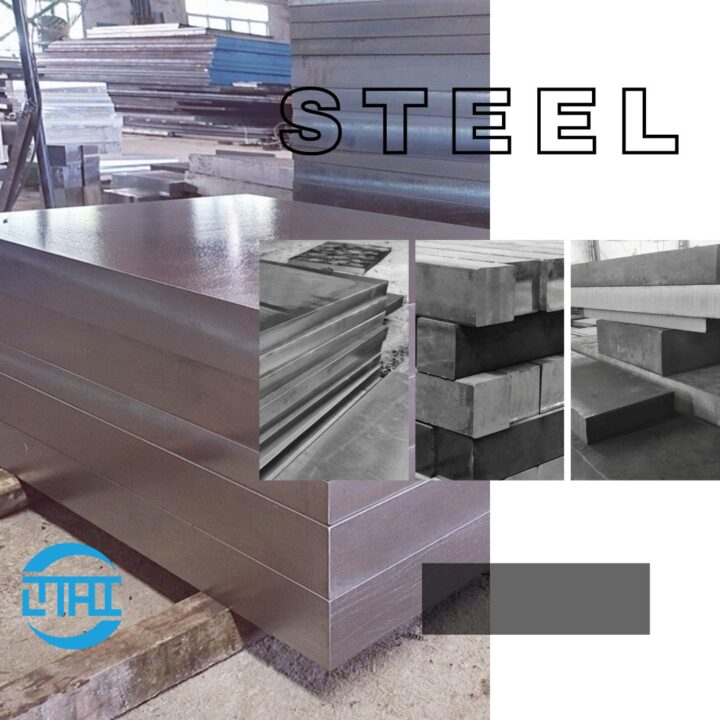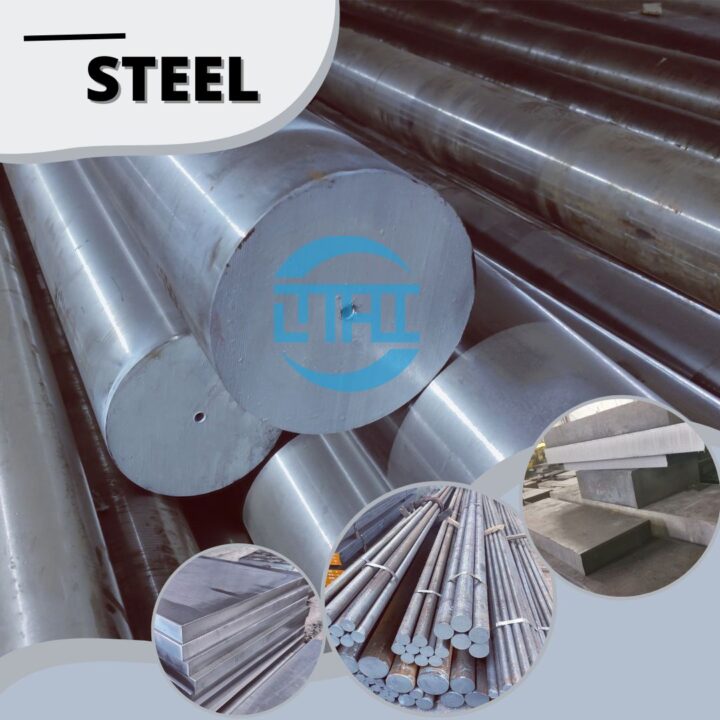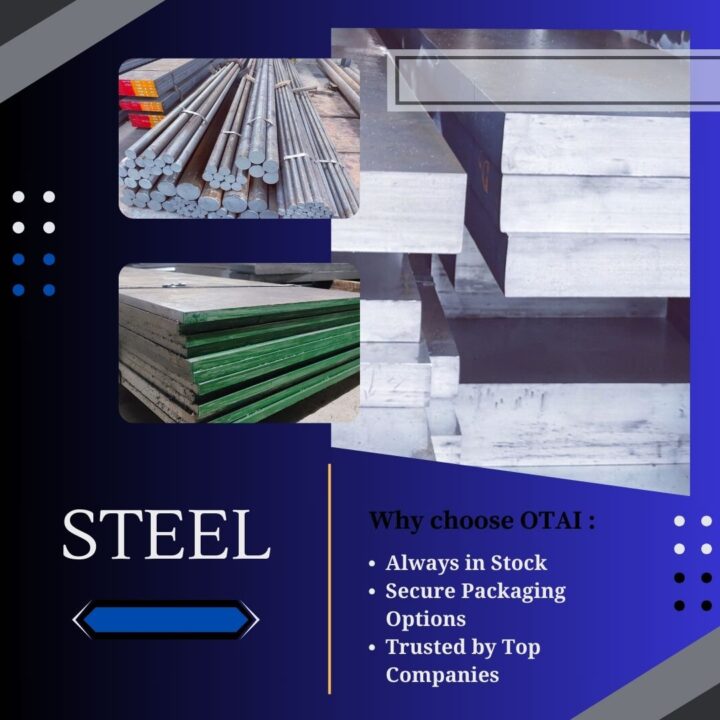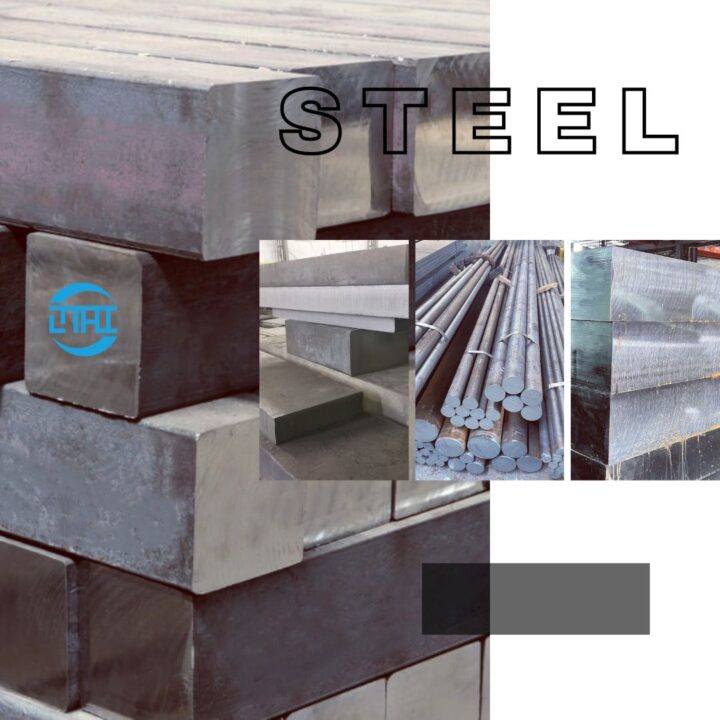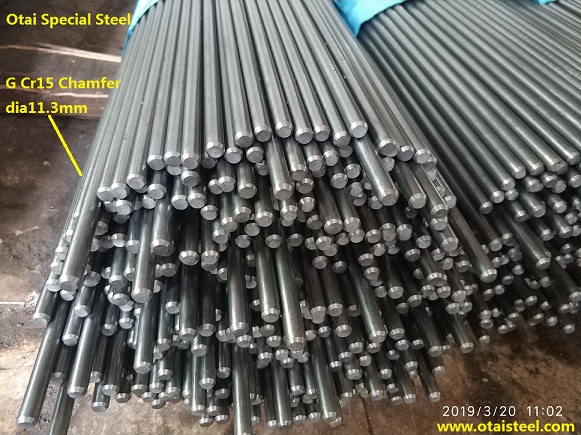In the dynamic landscape of automotive engineering, materials play a pivotal role in shaping the efficiency and reliability of vehicles. One such material that has become a cornerstone in this industry is 8620 steel. This exploration delves into the ways in which 8620 steel contributes to the efficiency and reliability of automotive engineering applications, showcasing its versatile qualities.
*1. Critical Component Construction:
- Automotive engineering demands materials that can withstand the rigors of dynamic components like gears, shafts, and camshafts. 8620 steel, with its superior strength and toughness, emerges as an ideal choice for constructing these critical components, ensuring durability and reliability under varying stress and load conditions.
*2. Transmission Components:
- The transmission system is the heart of a vehicle, and the efficiency of this system is paramount for overall performance. 8620 steel’s exceptional machinability allows for the precision crafting of gears and shafts in the transmission, contributing to smooth and efficient power transfer between the engine and wheels.
*3. Precision Machining Capabilities:
- Automotive components often require intricate and precisely machined parts. The excellent machinability of 8620 steel allows for the production of components with tight tolerances, ensuring precision in the assembly of critical parts. This precision contributes to the overall efficiency and performance of the vehicle.
*4. High Fatigue Resistance:
- Vehicles experience a wide range of operating conditions, and components must withstand constant cyclic loading. The high fatigue resistance of 8620 steel ensures that components like crankshafts and connecting rods can endure the repetitive stresses encountered during the vehicle’s operation, enhancing overall reliability.
*5. Cost-Effective Solution:
- Cost-effectiveness is a crucial consideration in the automotive industry. 8620 steel strikes a balance between performance and cost, making it an attractive option for manufacturers. Its durability and reliability contribute to long-term cost savings by reducing the need for frequent replacements and maintenance.
*6. Adaptability to Heat Treatment:
- The adaptability of 8620 steel to heat treatment processes is a key advantage in automotive applications. This allows manufacturers to fine-tune the material properties to meet specific performance requirements, ensuring that components can withstand the heat generated in engine and transmission systems.
*7. Corrosion Resistance:
- Vehicles are exposed to diverse environmental conditions, including moisture and road salt. The corrosion resistance of 8620 steel, attributed to its chromium content, enhances the longevity of components in the automotive system, contributing to overall reliability and reduced maintenance needs.
*8. Versatility in Automotive Applications:
- The versatility of 8620 steel extends to a wide array of automotive applications, from engine components to steering systems. Its adaptability and reliability make it a go-to material for engineers seeking efficient and durable solutions in the ever-evolving automotive landscape.
8620 steel stands as a linchpin in automotive engineering, contributing significantly to the efficiency and reliability of vehicles. Its superior strength, precision machining capabilities, high fatigue resistance, cost-effectiveness, adaptability to heat treatment, corrosion resistance, and versatility in applications position it as a key material for manufacturers aiming to deliver high-performance and reliable automotive solutions.
